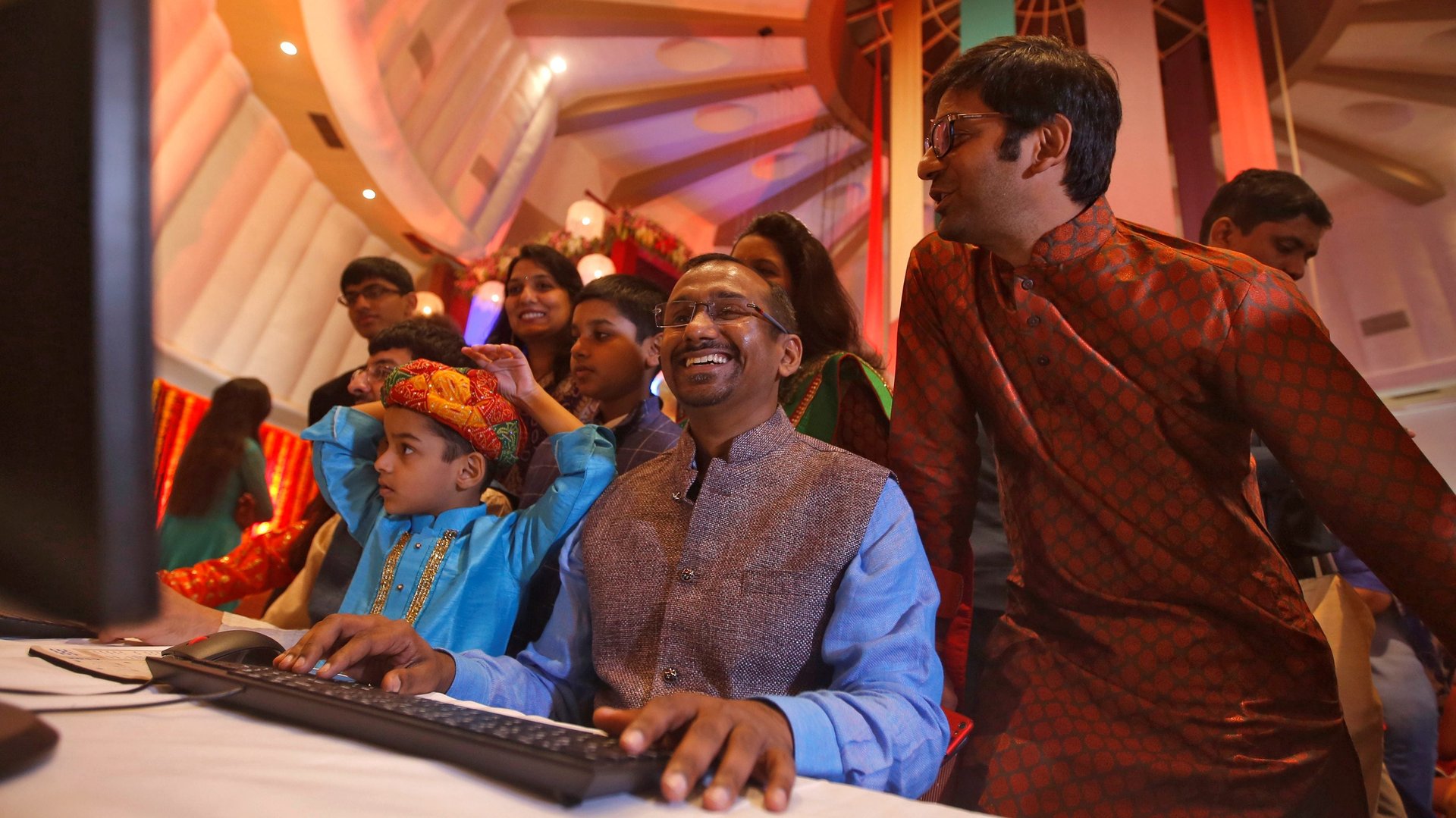The internet was supposed to be about freedom. What happened?
When the World Wide Web came online, the world was mesmerized by the almost endless possibilities that unfurled in front of us. This new tool for global collaboration enabled anyone to access once-reserved knowledge and to communicate with people anywhere, instantaneously. Rather than walling off power exclusively with the elites in the center, the web pushed decision-making and agency out to the edges. Freedom, openness, and decentralization were now values that could help normal humans.


When the World Wide Web came online, the world was mesmerized by the almost endless possibilities that unfurled in front of us. This new tool for global collaboration enabled anyone to access once-reserved knowledge and to communicate with people anywhere, instantaneously. Rather than walling off power exclusively with the elites in the center, the web pushed decision-making and agency out to the edges. Freedom, openness, and decentralization were now values that could help normal humans.
At Mozilla, we took these values very seriously when we launched our Firefox web browser more than 20 years ago. Our vision has always been to build and promote a healthy and empowering internet. A decade ago, we enshrined core values like privacy and data protection, decentralization, and balancing profit and public good in a public manifesto that has guided our work.
But that fundamental character is in jeopardy. Last week, the Trump administration’s roll back of the net-neutrality rules that protected open innovation and stopped internet providers from throttling certain traffic went into effect. Online harassment, violence, and censorship are getting worse. New threats to privacy have arisen, in part because so much of people’s personal data is centralized in companies like Facebook or Equifax, enabling hackers to steal huge amounts of sensitive information in a single breach. We also see more emphasis on monetizing people’s attention than on empowering them to reach their goals.
The internet empowers all aspects of human nature, and that includes the unattractive ones like harassment, theft, and mob mentality. With every new positive comes a negative: We are simultaneously giving people who have an internet connection unprecedented access to knowledge while also contending with a rapid loss of privacy and security online.
But the power humans now wield can also be used to change society for the better. We can collectively exert our influence to encourage companies to recognize the impact of their products on individuals and societies, and to embed the values we really care about in their products and operations.
So how do we reorient the internet’s trajectory so it works better for everyone?
People need to reclaim the power the web gave us all, and leverage it to demand a more equitable balance between commercial profit and public benefit. Yes, huge online platforms like Facebook need to do more to improve themselves, but we also need governments and individuals to do more to hold the big players accountable.
The internet is shifting society in much the same way the Industrial Revolution changed the way we live and work—only this time around, the pace of the shift is measured in months, not decades. After many years where large and steady majorities of Americans saw the internet as a “good thing for society,” that majority is beginning to decline, according to a new Pew poll.
We cannot have a healthy society without a healthier internet. And the solution starts with us humans. We are people first, but we are also consumers who spend money—active users that companies need to attract advertisers, and citizens who can exercise our free-speech rights and cast our votes.
Consumer demand is a critical driver of this change. After all, tech companies need consumers to exist and will be responsive if consumers demand change. As we get more focused on issues such as how our data is used, we are seeing companies like Apple try to own the high road on privacy. Tim Cook has lambasted Facebook and is cracking down on apps that send location data to third parties. Google also unveiled new tools to help users measure their time online so they can foster healthier habits, with Apple quickly following suit. As consumer sentiment grows more concerned with tech’s thorniest problems, I am optimistic that something better is possible.
But people are not just consumers—they are voters, too. Governments are responsive to the constituents who elect them, especially the ones who are vocal. Regulation is dependent on active, engaged people applying similar pressure on both tech companies and their elected officials. These activities send signals into the tech ecosystem about what consumers desire in the products they use.
To supplement consumer demand, we need to educate elected officials and policymakers about all things tech. Much stronger government regulation of technology may ultimately be needed to solve some of the hardest problems online, but regulation can take a long time and be a relatively blunt instrument. Tech is extremely complex and moves fast, so it is both important for tech to do as much self-regulation as possible and for people to demand their politicians get smart about the nuances of tech. If we reach a tipping point where massive regulatory change is going to happen, it is critical that policies are made by politicians who truly understand how the internet works—and what they could break by accident.
The origins of the internet promised open innovation, mass empowerment, and the enrichment of individual people’s lives. Society must now rekindle those bedrock values.
This article is part of Quartz Ideas, our home for bold arguments and big thinkers.